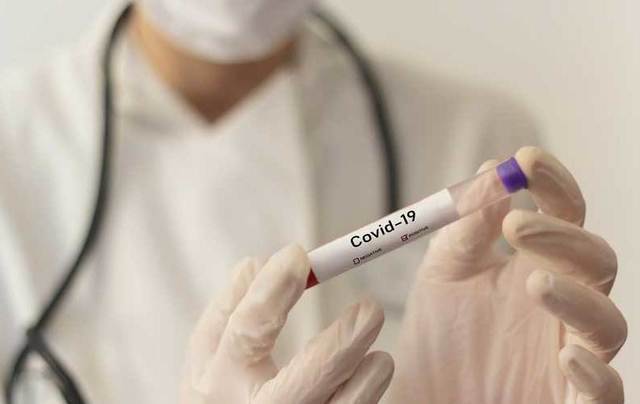Ireland’s first delivery of COVID-19 vaccines has arrived.
The Republic of Ireland has received its first shipment of the Pfizer vaccine, which was approved by the European Union last week.
Minister for Health Stephen Donnelly tweeted: “When is a fridge worth photographing? When it’s just had Ireland’s first #Covid vaccines put in it.”
The Pfizer-BioNTech vaccine must be kept at a temperature well below zero, so it is being stored in special freezers at the National Cold Chain Centre, reports BreakingNews.ie.
HSE director-general Paul Reid called it a “momentous day.”
He said the vaccine represented “hope for us all as we move into a new year, but we must remember, we all still have our part to play."
When is a fridge worth photographing? When it’s just had Ireland’s first #Covid vaccines put in it ?
The first doses have just arrived and many of them are sitting in that very, very cold fridge.
We’ll begin vaccinating in four days. #holdfirm. pic.twitter.com/T9zletiOBS
— Stephen Donnelly (@DonnellyStephen) December 26, 2020
Vaccinating will begin on Dec. 30, with frontline healthcare workers and nursing home residents the first people to receive the vaccine.
Taoiseach Micheál Martin said it will take at least six months for some normality to return to life as the vaccine roll-out continues.
Martin said: “The first six months of 2021 we will see improvements, but we certainly not will see normality in the first six months.”
The Taoiseach said that the initial phase would make a “significant difference” and protect those most vulnerable.
He added: “Certainly manufacturing of the vaccine will be ramped up, certainly from March onwards.”
Martin said May and June were “critical months in terms of high volumes of vaccines coming in."
According to The Irish Times, the first batch of the vaccine is understood to contain 10,000 doses, and the next shipment, which is due the first week of January, will contain tens of thousands of doses.
The Department of Health recently confirmed that a new variant of the virus, which was first detected in England, is now in Ireland.




Comments